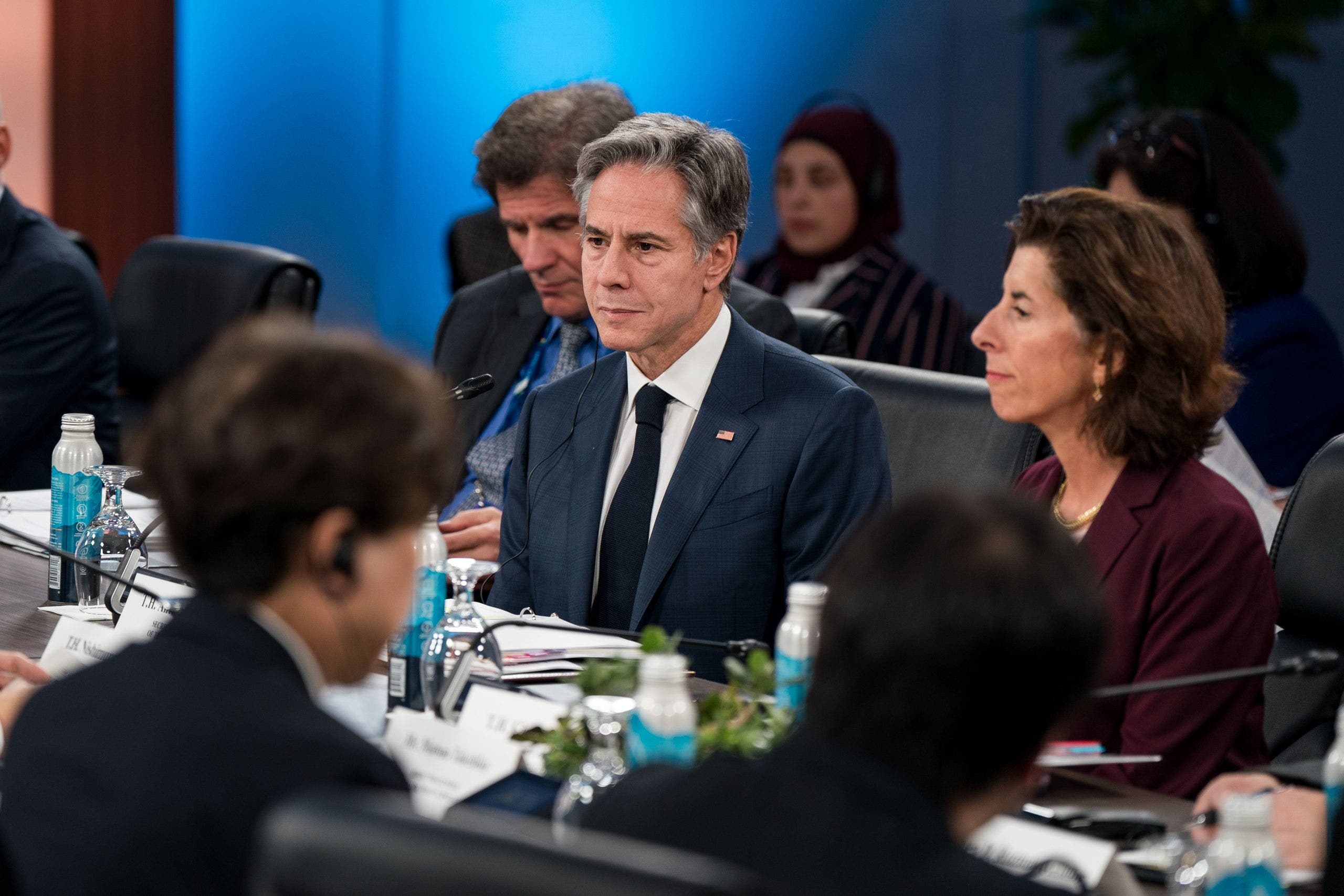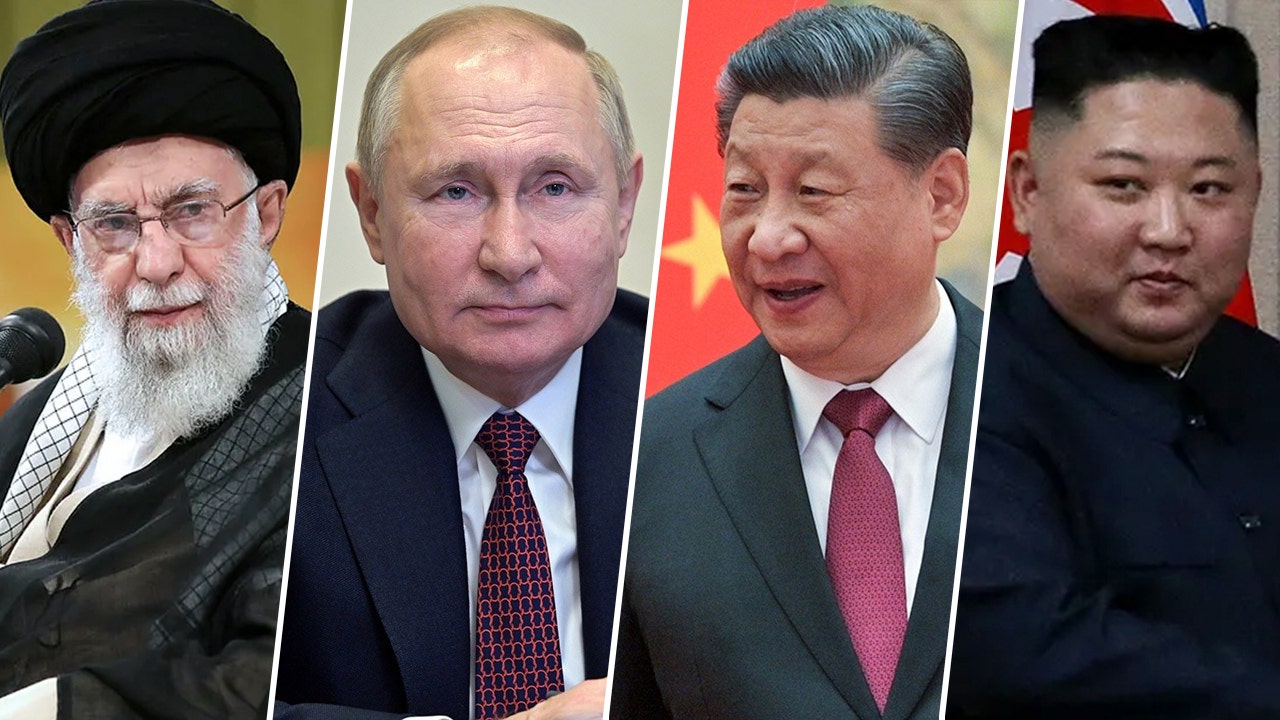Georgia’s parliament green-lit a final vote on a proposed law that critics see as a threat to media freedom and the country’s aspirations to join the European Union on Monday, a day after police dispersed the latest protests against it.
The bill would require media and nongovernmental organizations and other nonprofits to register as “pursuing the interests of a foreign power” if they receive more than 20% of their funding from abroad.
The opposition denounces the bill as “the Russian law,” because Moscow uses similar legislation to crack down on independent news media, nonprofits and activists critical of the Kremlin.
GEORGIA POLICE ARREST DOZENS PROTESTING ‘RUSSIAN LAW’
The bill is nearly identical to one that the governing Georgian Dream party was pressured to withdraw last year after street protests. Renewed demonstrations have rocked Georgia for weeks, with demonstrators scuffling with police, who used tear gas and water cannons to disperse the crowds.
The government says the bill is necessary to stem what it deems as harmful foreign influence over the country’s politics and to prevent unspecified foreign actors from trying to destabilize it.
Demonstrators waving Georgian national flags gather in front of the Parliament building during an opposition protest against a proposal known as the “Russian law” in the center of Tbilisi, Georgia, early on May 13, 2024. (AP Photo/Zurab Tsertsvadze)
Huge crowds marched through Europe Square in the capital, Tbilisi, on Saturday, with demonstrators wrapped in Georgian and European Union flags and chanting “Georgia!” On Sunday, the protesters gathered in front of parliament for an overnight rally and tried to block entrances into the building, where a committee of lawmakers were expected to discuss the bill once again on Monday.
Police sought to disperse the demonstration, and by Monday morning, only hundreds remained near parliament. Georgia’s Interior Ministry said 20 people were arrested in the morning, including three foreign citizens — two Americans and a Russian.
It took lawmakers less than a minute to give a green light to the third and final reading of the bill for Tuesday.
Georgian President Salome Zourabichvili, who is increasingly at odds with the governing party, has vowed to veto the law, but Georgian Dream has a majority sufficient to override a presidential veto.
The legislature approved a second reading of the bill earlier this month, after protests that drew tens of thousands of people.
EU foreign policy chief Josep Borrell has described the parliament’s move as “a very concerning development” and warned that “final adoption of this legislation would negatively impact Georgia’s progress on its EU path.”




